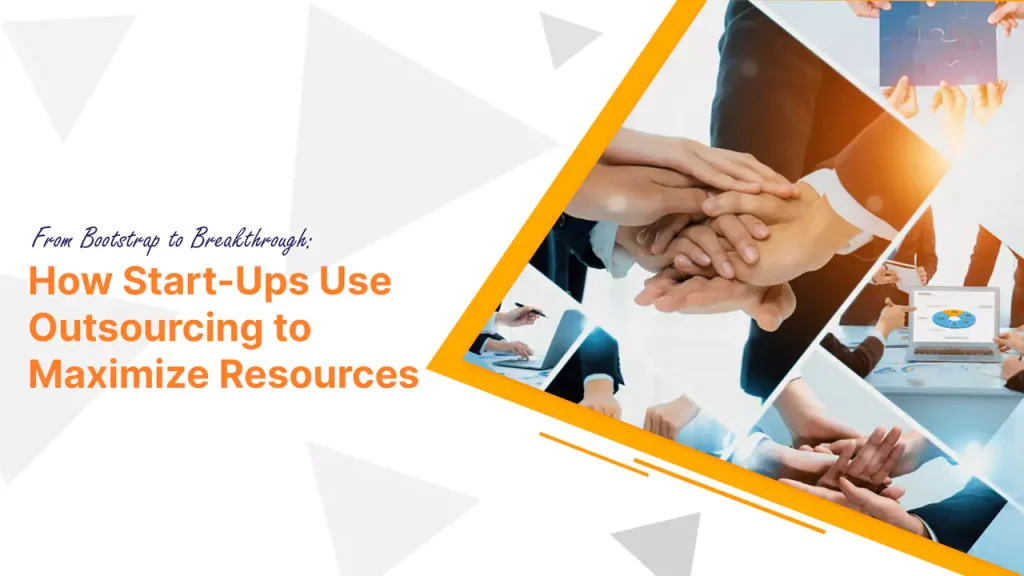How to Start a Small Business With No Money
Table of Contents
Starting A Business Without Money
There are various ways to start a small business without a lot of cash on hand. It just takes a little more time and diligence on your part.
Taking advantage of every option that is available to you is important when your funding is limited. Sometimes, it can be helpful to start with a business idea that can give you the time and additional start-up capital that will lead to your ability to achieve the business that is your ultimate goal.
Businesses That Don’t Require Offices
Many service-oriented businesses don’t require an office or a lot of overhead expenses, including pet sitting, office cleaning, and tutoring — the list is long and varied. Building a customer base is probably the most tedious part of such businesses, but they can be very successful once they have gained customer acceptance.
Freelance Work
Freelance online work is widely available, and some of them can be a great option if you are looking to work from home. Once you get started and have produced some quality work and the word spreads, other jobs will usually be offered steadily. No matter what your specialty may be, there will be many people online who need willing workers.
The fact is, reaching our goals sometimes requires a roundabout approach, in that we have to work toward what we really want by looking at it as a long-term goal. Never give up!
A business can be started with little or no money, but that does not mean it will be without resources. In fact, as you gather resources, you will need less money in the long run. We can cite some resources such as intelligence, imagination, social circle, experience, studies, and general knowledge; the time available; the capacity to connect seemingly unrelated points; the ability to see opportunities where nobody else sees them.
It all starts with an Idea
Start with a formula that is already working; innovating on it will make it cheaper, more luxurious, better service, personal, simpler, prettier, faster, at home, in an application …
Hence, you need to make it work exclusively with the resources you have right now. In other words, keep things simple at first.
You Should Include:
- Describe your business in only one paragraph or line, if you can. It must be easy to understand by anyone who reads it.
- A simple budget analyzes your financial situation and all available resources, such as your time, knowledge, experience, contacts, potential partners, potential clients, and so on.
- There is an urgent need to act on the given budget.
Finances
There’s only one way to start if you don’t have any money: ask for funds or work to acquire them.
This financing option is available if you already have experience in the field.
Friends and Family: Consider that you do not want your interpersonal relationships to be destroyed by money issues. Take the phrase “clear accounts, long friendships” into account.
Crowdfunding: You should do some research on the crazy projects that have been funded this way if you are new to crowdfunding and think your idea won’t be interesting enough.
Support from the government: You can currently find many plans for small business financing deals from the government, especially if you are a startup business.
A private loan: Be careful what you sign with banks, finance companies, or lenders, as an interest rate that is variable or unfavorable can kill your project before it starts. These types of financing are recommended only when you have demonstrated that your business works and produces sufficient profits to pay back the loans. This is known as scaling your business.
Angel investment: Research the internet for competitions to secure seed capital for companies or projects, as there are a number of high-risk investors who are continually seeking funds.
You always have yourself, because the source of financing you never lack is your own job if you are unable to access any of the above options. If you want to start your own business, don’t sit around hoping that someone will take pity on you. Instead, look for a job where you will be able to use the knowledge and skills you’ve acquired. Consequently, you will gain experience that can be applied to your future business, as well as money to finance it.
Think Big and Start Small
Start a business with as little money as possible since the more you have, the more you will spend. As far as possible, eliminate fixed costs from your business model (avoid unnecessary rent, salaries, and services). Become your store, your school, your marketing center, your contact point, all through the internet.
Take a list of the things that will be essential in your business and another listing of the things that could be acquired for free, done by yourself, or exchanged with others having the things that you want and wanting what you can offer.
You should begin by contacting your natural market, which is your friends, family, former colleagues, etc. You can start by sending a WhatsApp to all the contacts in your agenda, offering your product or service, making your first sale, and don’t forget to ask for feedback on the service and quality you offer. By doing so, you will be able to start making the necessary adjustments.
Final Thoughts
Low costs: No matter who you are or how big your venture or business is, you must keep this mantra in mind. You must keep your costs low both financially and in the effort.
Budget reserve: Ensure that you have enough money saved so that you can cover both your personal and business expenses for at least six months when you should have reached equilibrium.
Treasury Regime: A natural person can start a business and then change into an entity once the business takes off.
I am sure you will make a lot of mistakes (and more than you think). It will take a lot of work to make sure each one of your steps is perfected and you will have to come up with new ones that have never crossed your mind. But don’t worry, it’s all-natural. Just adjust and keep moving forward.
FAQs:
Yes, it is possible to start a small business with no money by utilizing various strategies. These may include leveraging personal skills and expertise, bootstrapping, seeking partnerships or collaborations, utilizing free or low-cost marketing channels, and exploring funding options such as grants, loans, or crowdfunding.
Starting a business with no money often involves leveraging your existing skills and expertise. Identify a service or product that you can offer based on your knowledge or abilities, such as consulting, freelancing, or creating digital products. By providing value through your expertise, you can attract clients or customers without significant upfront costs.
Bootstrapping refers to starting and growing a business with minimal external funding or resources. It involves being resourceful and finding creative solutions to fulfill business needs. Bootstrapping methods may include using free or open-source software, operating from home, minimizing expenses, negotiating favorable terms with suppliers, and reinvesting profits into business growth.
While starting a business with no money requires resourcefulness, there are funding options available. These can include applying for small business grants from government or private organizations, seeking microloans or loans from community development financial institutions (CDFIs), crowdfunding platforms, or pitching your business idea to potential investors or angel networks.
Having a solid business plan is crucial, especially when starting a business with no money. A well-crafted business plan helps outline your goals, target market, competitive analysis, marketing strategies, and financial projections. It also demonstrates your commitment and preparedness, which can be beneficial when seeking funding or partnerships to support your business.















